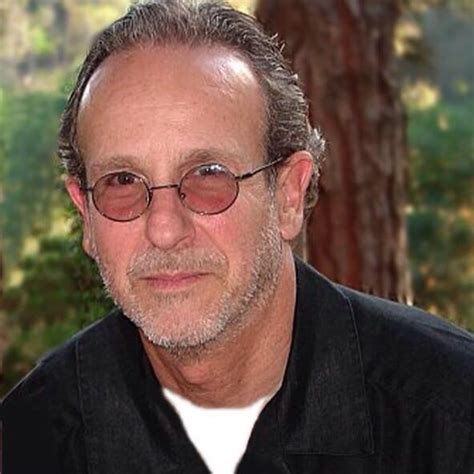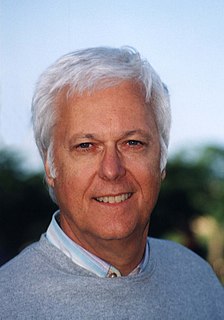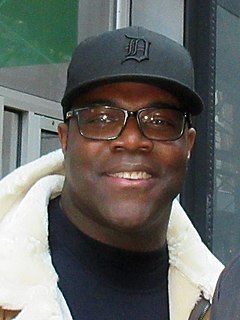A Quote by Marian Wright Edelman
You have to have a fundamental change in the culture of policing, and who is the police person. How do they change? How do you learn from England and the other places, or Australia? In England, they don't carry guns on the whole. It's a different kind of mentality that does not demonize, and it's justified on race and income and class.
Related Quotes
I used to believe that you could change the culture or behavior of a company. I still believe it's possible, but it is at least a five to ten year process, if you are successful at all. More recently, I have been attracted to the ideas of the behavioralist, Edgar Schein. Schein has argued that you cannot change the culture of a company, but you can use the culture of a company to create change. It's an interesting approach to overcoming resistance. And if you can change how a company does its work, you might eventually be able to change how its people think.
Those are the stakes that are constantly there and how do those stakes change you? How does that change the person you are? If it does just turn out to be about survival then is that living? How does that make you, you? How does that change your identity? That picture of the governor, his wife, and his daughter, he wasn't that guy before this all started. People dying around him changed him into that.
I change so many houses and places where I live; I change them like I change socks. I don't have this absolute, kind of, how you say, attachment. My brother, if he just has to go to holiday to sleep in different bed, for him it is a disaster. I can sleep under this table or in a five-star hotel; I don't care.
Acting is a job you can learn a lot in. You get to play lots of different characters with different professions and different backgrounds; they come from different places than you do, so it's really fun when you're immersing yourself in that world of that person to learn about how other people's lives are.
The really successful work in England tends to be working-class writers telling working-class stories. The film industry has been slow to wake up to that, for a variety of reasons. It still shocks me how few films are written or made in England about working-class life, given that those are the people who go to movies.
I'm popular in the United States and I'm popular in England. England is just more concentrated. The people are closer together. Venues are closer together. Many albums of mine have been popular in England, but, no hit singles. All the hit singles I had were before I went to England. So, I'm not necessarily more popular in England, I'm just popular in England, and more so for my performances than hit records. But, I enjoy doing concert halls all over America, England, Scotland and Australia.
Performing in Detroit or performing in Chicago, you're on your own turf, but when you tour a show, the audiences change. You're in a completely different space; sensibilities change. I think I learned a lot from doing that - how written material works in different places, learning to have confidence, learning the idea of how to be adaptable.
How do you think policing is in places like China, or North Korea? Whatever we experience, in terms of our policing, I also wanted to make known that the rest of the world suffers ten times more because of that power dynamic; because of the fact that there is no Posse Comitatus in other places which is what prevents in our country, or what is supposed to prevent the military from taking on a policing role of its own people.
And that is that they went about systematically understanding how to disrupt and change a person's entire processes. And these Taliban - I'm not trying to say the Republican Party is the Taliban - no, that's not what we're saying. I'm saying an example of how you go about [sic] is to change a person from their messaging to their operations to their frontline message. And we need to understand that insurgency may be required when the other side, the House leadership, does not follow the same commands, which we entered the game with.






































